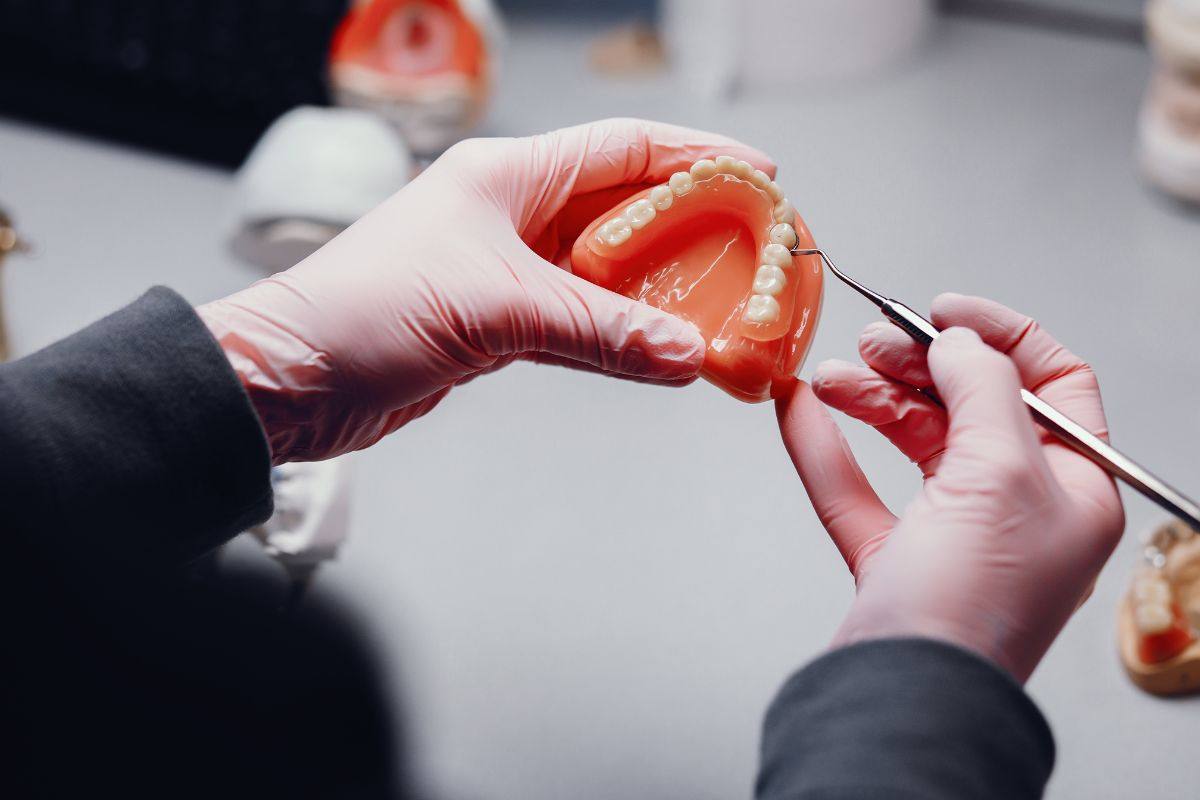
Dental implantology is a rewarding and complex field that requires both technical expertise and clinical experience. Whether you’re looking to offer dental implants in your practice or expand your existing skill set, the way you learn implantology can significantly impact your success. While traditional lecture-based courses may offer valuable information, there’s a unique benefit to learning in a smaller, more intimate group setting.
In this article, we’ll explore why small group settings provide a distinct advantage for dental professionals learning implantology. From personalized instruction to hands-on guidance, here’s how a smaller class size can help you master the art and science of dental implants.
1. Personalized Instruction and Feedback
One of the primary benefits of learning implantology in a small group setting is the ability to receive more personalized instruction. Unlike larger classes where instructors are spread thin across many students, small groups allow for one-on-one interaction. This means you’ll have more opportunities to ask questions, get clarification, and receive tailored feedback on your technique.
The chance to get specific, constructive feedback on your work—from diagnosis and planning to implant placement and restoration—is invaluable. Personalized attention can help you address any areas of weakness and build your confidence in performing implant procedures.
2. Closer Clinical Supervision
Dental implant procedures are hands-on, and having direct clinical supervision is essential for mastering the surgical skills required. In a small group setting, instructors can spend more time observing each participant’s progress and provide immediate feedback during the procedure.
This close clinical supervision is particularly important for new implantologists, as it helps to ensure that you’re using the correct techniques, making precise incisions, and placing implants accurately. Immediate correction or advice during surgery can prevent mistakes and reinforce good habits, which is crucial when developing your implant skills.
With fewer students to supervise, instructors in small group settings can focus more on your individual needs, ensuring that you gain the experience and confidence to perform implant surgeries effectively.
3. A Collaborative Learning Environment
Learning in a small group also fosters a collaborative, supportive environment. Instead of competing for attention or resources, you and your fellow participants can work together to solve problems, share experiences, and learn from each other. Peer learning is a powerful tool, especially in a field like implantology, where clinical challenges can vary greatly.
By discussing techniques, treatment planning, and patient cases with others, you broaden your perspective and gain insights into how other dentists approach implant procedures. This collaborative environment allows you to learn not just from the instructor, but also from your peers—making it a more enriching and dynamic learning experience.
4. More Opportunities for Hands-On Practice
A smaller group size means there’s more time for hands-on practice, which is critical in implantology training. In larger courses, practical time may be limited due to the number of students, but with fewer participants, you can expect more opportunities to get your hands dirty—whether it’s practicing on models or assisting with real patient procedures.
Hands-on practice is the best way to develop muscle memory and become confident in your ability to perform implants. Whether you’re placing the implant or restoring it, small group settings ensure that you can practice multiple times and refine your skills without feeling rushed.
5. A Focus on Real-World Application
In small group settings, the focus tends to shift toward real-world application. With smaller groups, instructors can create case studies that align with the kinds of challenges you’ll face in your own practice. Whether it’s complex bone grafting or managing multiple implants for a full-arch restoration, small groups allow for a deeper dive into practical, case-based learning.
This is especially beneficial for dentists who want to ensure that their implantology training aligns with their day-to-day practice. You’ll leave with a deeper understanding of how to incorporate implants into your existing practice and manage complications that might arise with real patients.
6. The Comfort of Learning at Your Own Pace
Everyone learns at a different pace, and small group settings recognize this by offering a more relaxed, individualized approach. Instead of feeling rushed to keep up with a larger class, you can take your time mastering each step of the process. Whether you need extra guidance on a specific procedure or want to ask follow-up questions, the instructor has the time and space to give you the attention you need.
This slower, more personalized pace can help you feel more confident in your skills before moving on to the next stage of training. It ensures that you truly understand the concepts and techniques involved, rather than just skimming through them to keep up with the group.
Small Group Implantology Courses: Real Patient Experience
When considering implantology training, it’s essential to choose a course that offers both personalized instruction and real patient experience. For example, this Canadian dental implants course offers a multi-week training program with a small student-to-instructor ratio, giving you the chance to practice implant placement and restoration with real patients under expert supervision. This is ideal for dentists who prefer a more thorough and gradual learning approach.
Alternatively, this implant training program in Cuba provides an immersive, six-day training experience that allows you to learn in a smaller group with live surgeries and hands-on practice. The compact nature of the course ensures that every participant gets personal attention from instructors and is directly involved in implant procedures.
Conclusion
Choosing to learn implantology in a small group setting offers numerous advantages. From personalized instruction and hands-on clinical experience to collaborative learning and real-world application, small groups foster an environment where dentists can thrive. If you’re looking to expand your practice into implants, consider enrolling in a course that offers the benefits of a smaller, more focused class size.
Both the Canadian and Cuban courses provide ideal learning environments for dentists looking to master implantology and offer the best care for their patients. Whether you prefer a more in-depth, multi-week course or a fast-paced, immersive experience, these small-group settings ensure you gain the expertise needed for successful implant placements.






